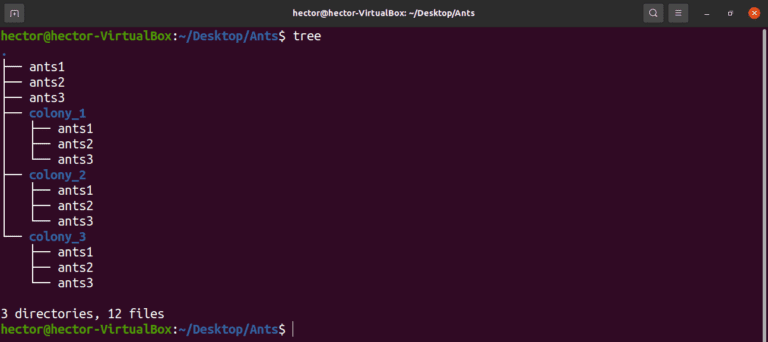

TAR File: Tar File are also called tarball which is a collection of files where several files are wrapped up in one single file. Hence, to solve this problem TAR files were created. But the questions arise, if you have thousands of files how should one send these files using email? Well, in this case you should take advantages of TAR files as sending the files separately will take a lot of time. You can possibly transfer this data using email also, but only if the size of the data is under 1 GB.
#UNTAR .GZ FILE PC#
tar.gz files I downloaded wouldn't work because they didn't actually use gzip compression despite the filename.How to Open TAR files on Windows 10: PC’s can store a large amount of data and this data is not limited to the files created on the same PC but you can also download files from the Internet, transfer files using USB or external hard disk, etc. Note that because it's primarily designed as a preprocessor for less, it won't output anything if it doesn't recognise the file type. For files matching the tar.gz extension, we can see that it uses tar tzvf under the hood along with the -force-local option to disable an obscure feature of tar that would otherwise confuse colons in the filename with a command to use a remote tape drive: *.tar.gz|*.tgz|*.tar.z|*.tar.dz) If feeling adventurous, take a peak at vi /usr/bin/lesspipe to see what commands it uses. It is called by the less command ( see Oli's answer) as an input preprocessor if the $LESSOPEN environment variable is set appropriately. rw-rw-r- ubuntu/ubuntu 7 05:32 example/ubuntu.txt rw-rw-r- ubuntu/ubuntu 7 05:32 example/ask.txt $ lesspipe ĭrwxrwxr-x ubuntu/ubuntu 0 05:32 example/
#UNTAR .GZ FILE ARCHIVE#
Lesspipe is a shell script installed by default as part of the less package that can list the contents of a tar.gz archive, as well as a range of other common archive file formats. You can then list the contents of any archive: $ list_archive.sh foo.rar foo.tbz foo.zipĠ 8 0% 30-03-15 19:29 -rw-r-r- 00000000 m3b 2.9Ġ 0 0% 30-03-15 19:29 drwxr-xr-x 00000000 m0 2.0Īnd since someone mentioned that lesser editor, naturally, emacs can also do this: Save that script in your PATH and make it executable. Type zip >/dev/null 2>&1 & zip -sf "$file"||Įcho "Unknown extension: '$ext', skipping."
#UNTAR .GZ FILE RAR#
Type rar >/dev/null 2>&1 & rar v "$file"||

Type tar >/dev/null 2>&1 & tar tf "$file"|| # have extensions like tar.bz2 or tar.gz etc. With all this in mind, you could write a little script that uses the appropriate command depending on the extension of the file you give to it: #!/usr/bin/env bashįor file in "\n-\nArchive '%s'\n-\n" "$file" That's most of the more popular archive formats. RAR 4.20 Copyright (c) 1993-2012 Alexander Roshal P7zip Version 9.20 (locale=en_US.utf8,Utf16=on,HugeFiles=on,4 CPUs)

Tar/ tar.gz/ tgz/ tar.xz/ tar.bz2/ tbz files $ tar tf foo.tgzħ-Zip 9.20 Copyright (c) 1999-2010 Igor Pavlov Most (de)compression programs have a flag that lists an archive's contents.


 0 kommentar(er)
0 kommentar(er)
